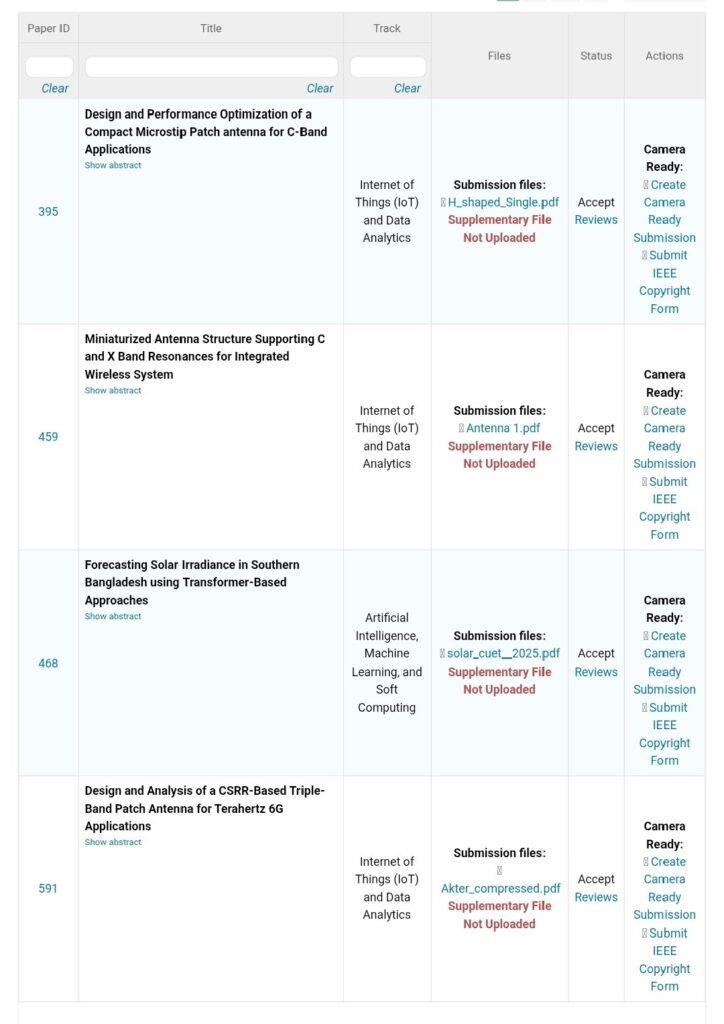The Future of Research Collaboration: How Digital Platforms Are Changing the Game
In today’s fast-evolving research landscape, collaboration is more important than ever. Researchers, academics, and students worldwide need efficient ways to connect, share ideas, and work together. Traditionally, collaboration has been limited by geographical boundaries, institutional access, and personal networks. However, digital platforms are revolutionizing the way researchers work together.
The Challenges of Traditional Research Collaboration
Historically, researchers faced multiple challenges in collaboration:
- Limited Networks: Finding the right collaborators required attending conferences or relying on personal networks.
- Institutional Barriers: Access to resources and researchers was often restricted to specific universities or organizations.
- Communication Gaps: Emails and fragmented tools led to inefficiencies in project management and data sharing.
- Funding Difficulties: Securing research funding was a lengthy process with limited transparency on available grants.
The Digital Revolution in Research Collaboration
With the rise of digital platforms like ResearchBuddy, these barriers are rapidly disappearing. Here’s how technology is transforming research collaboration:
1. Global Connectivity
Researchers can now connect beyond their institutions and across continents. Platforms like ResearchBuddy allow scientists, scholars, and students to find like-minded collaborators who share their research interests, regardless of location.
2. AI-Powered Research Assistance
AI tools help researchers by summarizing papers, suggesting relevant studies, and even assisting in writing. This not only speeds up research but also ensures that scholars stay updated with the latest developments in their field.
3. Virtual Research Labs
Digital collaboration tools enable the creation of virtual research labs where teams can work on projects, share documents, and schedule meetings seamlessly. This is particularly useful for interdisciplinary research, where experts from different domains need to work together efficiently.
4. Easy Access to Research Funding
One of the biggest struggles for researchers is finding and applying for grants. Platforms like ResearchBuddy offer a centralized database of funding opportunities, making it easier to connect with potential sponsors and supervisors.
5. Showcasing Research & Building Reputation
Just like ResearchGate and LinkedIn combined, digital platforms provide a space for researchers to showcase their work, publish findings, and receive feedback from the global research community. This visibility increases collaboration opportunities and enhances academic credibility.
The Future of Research Collaboration
As digital platforms continue to evolve, we can expect even more innovative solutions for research collaboration:
- Blockchain for Research Integrity: Ensuring transparent and tamper-proof data sharing.
- Automated Literature Reviews: AI tools that can scan thousands of papers and extract key insights.
- Decentralized Research Networks: Community-led research hubs where scholars contribute without institutional barriers.
Conclusion
The way research is conducted is changing rapidly, and digital collaboration platforms are at the forefront of this transformation. ResearchBuddy is designed to bridge the gap between researchers, making collaboration more accessible, efficient, and impactful. Whether you’re a student looking for a supervisor, a professor searching for a research partner, or an independent scholar seeking funding, digital platforms are the key to unlocking new opportunities in research.
Are you ready to take your research collaborations to the next level? Join ResearchBuddy today and connect with the global research community!




Responses